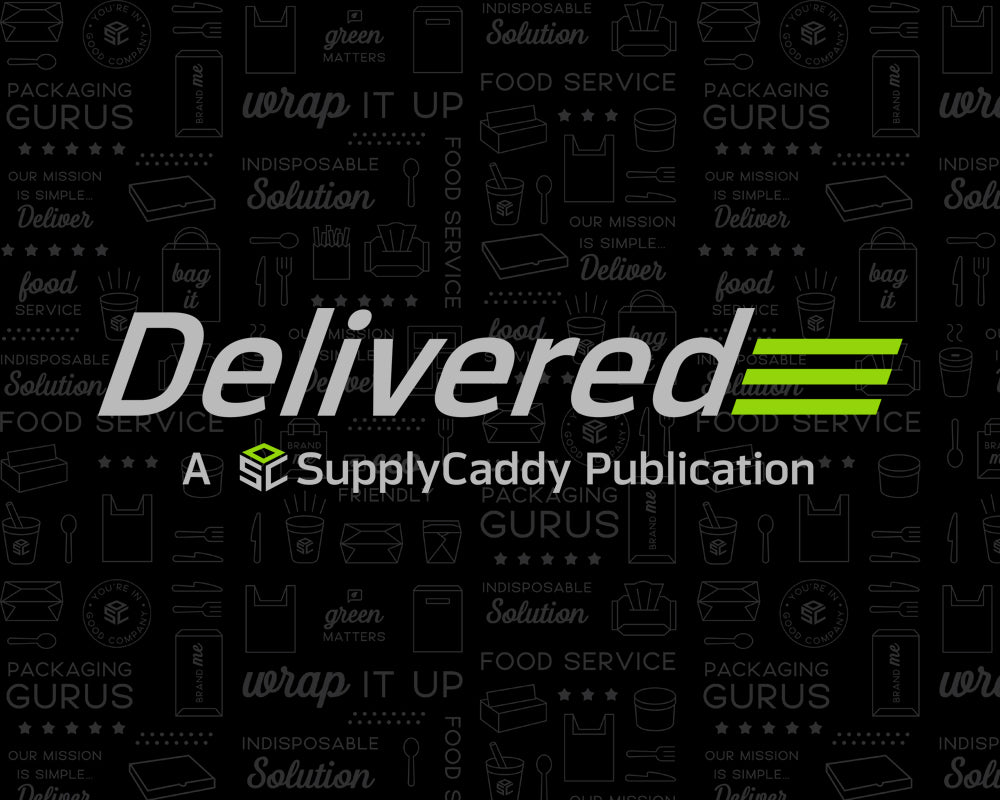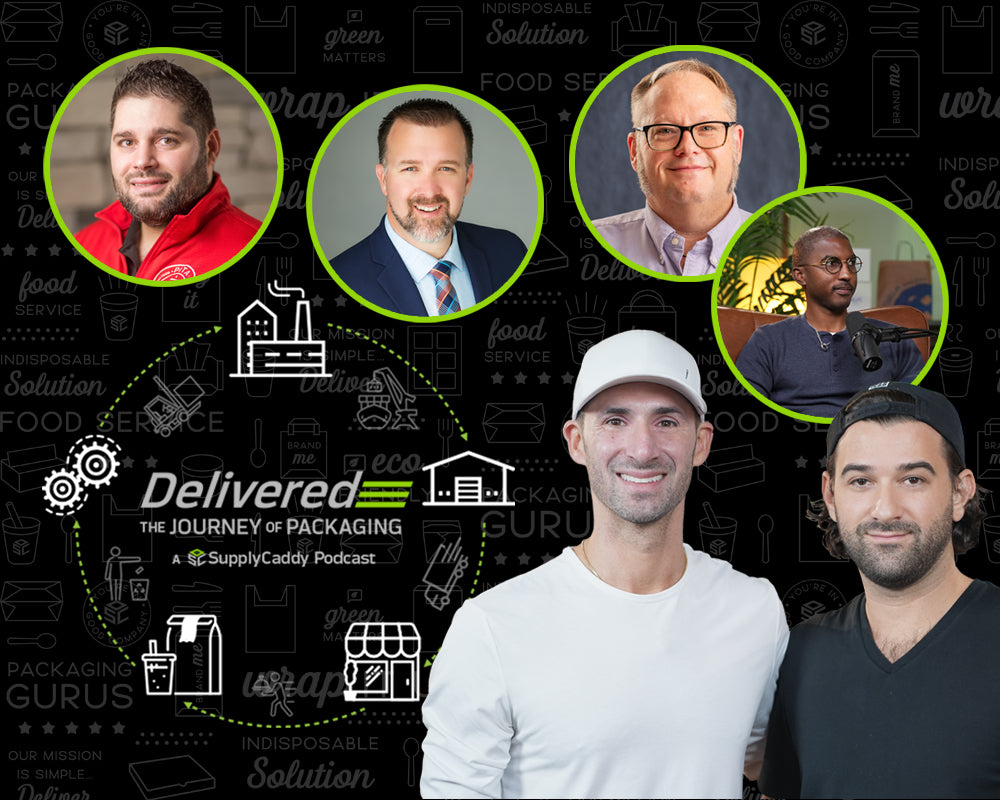Most people don’t walk away from a high-paying job on Wall Street. But Basu Ratnam did. He wasn’t chasing more money or a fancy title. He was looking for something more meaningful. He wanted to do something that felt true to who he was. Something that connected him to his roots, his family, and his love for food.
If you’ve ever eaten at INDAY, you’ve probably tasted that purpose. The turmeric rice, the grilled kebabs, the creamy yogurt chutneys, they’re more than just good food. They’re personal. They come from family recipes, inspired by his mom from Kolkata and his dad from Hyderabad, but they’re served with a fresh twist that feels right at home in New York City.
Today, INDAY has grown into one of the most exciting Indian fast-casual restaurants in the country, with nine spots around NYC and more coming soon. But the path wasn’t clear or easy. Basu didn’t have restaurant experience. He didn’t go to culinary school. What he had was a strong idea and the courage to go for it.
In this blog, we’ll share how Basu Ratnam made the leap from Wall Street to the kitchen, and how INDAY was built around family, flavor, and finding real purpose.
Who Is Basu Ratnam and What Inspired Him to Leave Wall Street?
Basu Ratnam grew up in a home where food was more than just something to eat. It was healing, it was tradition, and it brought people together. His mom, who was born in Calcutta (now called Kolkata), cooked meals that followed Ayurvedic principles. She used spices not just for taste, but for health. For Basu, food was part of daily life. It gave comfort, energy, and a sense of connection.
After college, Basu did what many young professionals do. He started a career in finance. He got a job on Wall Street and worked on business deals with companies in fashion, retail, and food. On the outside, everything seemed to be going well. But inside, he felt something was missing.
“The further I got into that, the further I felt I was getting from the things I was excited to wake up and think about,” he said. That feeling kept growing. He started to think about how he could bring together his love for Indian food, his background, and his business skills.
In 2015, he made the leap. He opened the first INDAY restaurant in New York’s NoMad neighborhood. The name INDAY stands for "Indian + Everyday." His goal was to make Indian food something people could enjoy all the time, not just for special occasions or takeout. By 2024, INDAY had become a popular fast-casual restaurant in New York City. One of the newest locations opened in Rockefeller Center.
What Sparked the Idea Behind INDAY?
One of INDAY’s core ideas is something they call “food karma.” This means that where your food comes from, how it’s made, and who makes it all matter. These things affect not just the taste, but also how you feel after eating. The brand is inspired by Ayurvedic traditions, which focus on balance, mindfulness, and eating with the seasons.
“Indian traditions inspire us, but they don’t limit us,” Basu Ratnam says. That idea shows up in the food. The menu includes both classic dishes like warm dals and curries, and more modern options like salad bowls with fire-roasted meats, turmeric dressings, or tangy pickles. You might grab a sourdough naan or a spiced mango lassi, and everything feels fresh, comforting, and made with care.
INDAY also focuses on the people who work there, not just the people who eat there. The team practices daily rituals to stay grounded, works in a respectful environment, and follows sourcing practices that support both health and the planet. These things are not just extras. They are at the heart of what INDAY stands for.
Basu Ratnam Joins the SupplyCaddy Podcast to Share His Journey From Wall Street to INDAY
In a recent episode of the SupplyCaddy Podcast, Basu Ratnam opened up about the full journey behind INDAY. His story is filled with lessons for anyone interested in starting a business, working in food, or going through personal growth. He talked about everything from growing up in a home where turmeric and ginger were used before Tylenol, to pitching investors even though he had no background in the restaurant world.
One of the most touching stories he shared was about taking his mom to a Michelin-starred restaurant in Brooklyn. He surprised her with a special tasting menu that honored Indian flavors. For Basu, it felt like a full-circle moment. “She taught me how food could heal. That night, I got to show her how her traditions inspired something beautiful,” he said.
Basu also spoke honestly about the tough parts of building a business. He talked about hiring and managing staff, building kitchens that can grow with the brand, dealing with rising food costs, and staying true to his values even when it would be easy to take shortcuts.
Through it all, INDAY has stayed focused on three key things: care, culture, and community. The brand is growing quickly, with plans to open in Boston next. But they are doing it with purpose. INDAY isn’t trying to be everything to everyone. It’s simply trying to be meaningful to people who care about food that nourishes both the body and the spirit.
How INDAY All Day Is Redefining Fast-Casual Indian Cuisine
For a long time, Indian food in the U.S. was mostly known for takeout. People loved it, but it often came in a box, filled with heavy curries and oily naan. It was tasty, but not something most would eat every day.
INDAY is changing that idea. This isn’t Indian food made plain for a wider audience. It’s Indian food with all its rich flavor, but made to fit modern lifestyles. The meals use real, whole ingredients like lentils, ancient grains, roasted vegetables, and pasture-raised meats. The spices are not only for taste, but also to help with digestion and overall wellness.
The menu changes with the seasons, so there’s always something new. You can build your own bowl or pick from plates created by the chef. There are options for everyone: gluten-free, vegan, or meat-focused.
The space itself also feels different. It’s bright, welcoming, and peaceful. It’s the kind of place you enjoy spending time in, not just somewhere you rush in and out for lunch. INDAY also uses helpful tech like app ordering, rewards, and real-time feedback to keep things smooth and customer-friendly.
What Can Aspiring Entrepreneurs Learn From Basu Ratnam’s Journey?
If you’ve ever thought about starting your own business, especially in food, there’s a lot you can take away from Basu Ratnam’s journey.
First, stay true to what matters to you. Basu didn’t follow trends or try to copy what others were doing. He built INDAY based on his own story and values. That’s what makes it feel real and different.
Second, use the skills you already have. Basu never went to cooking school, but he used what he learned from working in finance. He also brought strong communication skills and a hard-working mindset. No matter where you’re coming from, you can find a way to make it work.
Third, don’t wait until you know everything. Basu learned as he went. He asked questions, made mistakes, and kept improving. You don’t need to have all the answers on day one.
Fourth, care about people. INDAY isn’t just successful because of the food. It’s also about how the team treats customers, staff, and suppliers. The business is built on respect and care, not just numbers.
And last, don’t lose focus. Even as INDAY grows, the team still puts quality, community, and purpose first. If you’re building something, remember why you started and make sure that never gets lost.
Looking for a Reliable Food Packaging Partner? Contact SupplyCaddy
Whether you run a fast-casual restaurant, a café, or a national food brand, having the right packaging matters. At SupplyCaddy, we provide high-quality, custom food packaging solutions designed to keep your food fresh, safe, and looking great. From eco-friendly materials to quick turnaround times, we make sure you get exactly what you need and when you need it.
Our team works closely with you to create packaging that fits your brand, budget, and operations. No guesswork, no delays, just dependable service and great results.
Let’s build something that works for your business. Contact SupplyCaddy today to get started.


